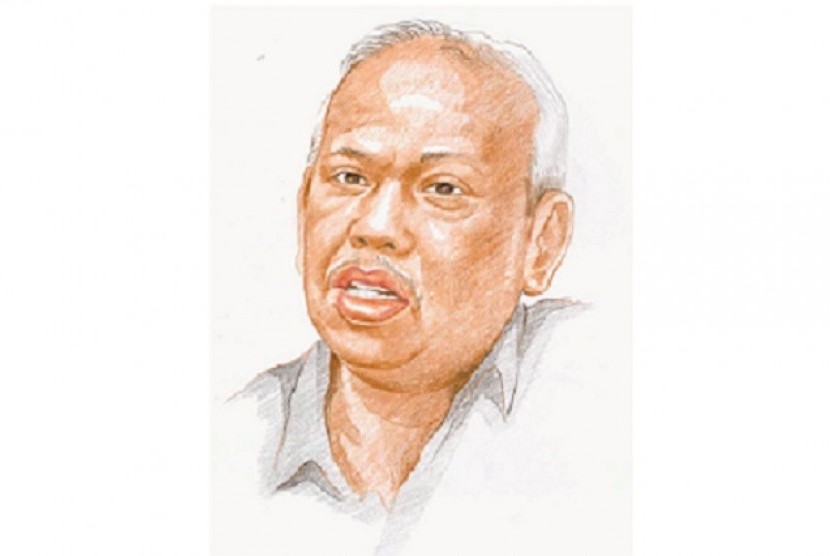By Azyumardi Azra
Around 15 economy and business professors from Stanford University, USA still questioned the connection between Islam and modernity. Yet, a different perspective was stated by US Secretary of State Hillary Clinton on her visit to Indonesia on February 2009. According to Hillary, if people asked her about this, she suggested them to visit Indonesia to see how “Islam and modernity walk hand in hand”.
Indonesia’s experience related to Islam and modernity clearly very complex. Although Islam in Indonesia since early 20’s century accepted the ideas brought by modernity and modernization thinkers from all parts of the world, such as Egypt, Turkey, and Indian subcontinent, Muslim thinkers in this country, since KH Ahmad dahlan, Haji Abdul Malik Amrullah, Haji Agus Salim, Soekarno, Muhammad Hatta, Mohamad Natsir, et cetera, developed of school Islamic thoughts and praxis and Indonesian style modernity. Therefore, the final product of Islamic modernity in Indonesia produced dynamic thoughts and distinctive Islamic institutions vis a vis to other parts of Muslim World.
One of the distinctions was related to interaction and accommodation between modernity and tradition. Scholarly arguments among Western experts about Islam and modernity, laid an argument which then raised distortion that one of the main obstacles in Islam and Muslim to accept modernity was the sustained tradition within Muslims.
They were perceived as “traditional” people who were chained in theology tradition, stiff fiqh, ascetic tassawuf and tarrekat, and blind taklid to ulama. All of these considered unmatched to modernity structure.
Therefore, both of these main streams, in all of Muslim world, including Indonesia, modernist and traditionalist were placed in dual position – against to each other and involved in intense struggle and contest to win Muslims’ heart. At the same time, commonalities between them were often neglected and what rose in public mostly were differences and conflicts.
In Indonesia, both of these main streams are often perceived and represented by Muhammadiyah and Nahdlatul Ulama (NU). In their early decades of development, both of Indonesia’s biggest organizations often involved in conflicts, this generally more concerned to furu’iyah problems -branches rather than trunk.
Since the beginning of its birth, Muhammadiyah seemed to show Islam that compatible with modernity, but NU slowly but sure also adopted modernity. Because of it, as far as related to modernity, both streams have accepted modernity. Not much or even almost none of the arguments between them about does modernity suitable to Islam or not.
Both Muhammadiyah and NU accepted modernity although their modernity adoption processes have been through different path. Therefore, Muhammadiyah and NU found commonalities in their views and acts on responding the raising and development of Indonesia’s nation-state concept.
Both of these organization leaders at the beginning commonly supported “Jakarta Charter” on 1945 Constitutional Preamble and commonly agreed to accept some revision for the interest of the unity of Indonesia’s plural nation-state. From now on to future, both are holding their commitments to Indonesia nation-state with its four main pillars: 1945 Constitution, Pancasila (Five Basic Principles), Unitary State of Indonesia Republic, and Bhineka Tunggal Ika (Unity in Diversity).
Many socio-religious changes happened due to improvement of education, especially post-independence, coincide to socio-economic development, and generate convergence stream dan religious understanding between both sides. In this convergence, furi’iyah problems have been left behind. If some of differences still occurred, they are no longer become source of conflicts.
With all of these progressions, dual oppositions between “modernist’’ and “traditionalist” are no longer valid. And at the same time, arguments about Islam and modernity are also irrelevant. Vice versa, both sides as well as Indonesia’s Muslims keep involving in actualizing Islamic modernity to bring forward life of Indonesia’s nation-state onto various fields of life.
(Indira Amaranti)



